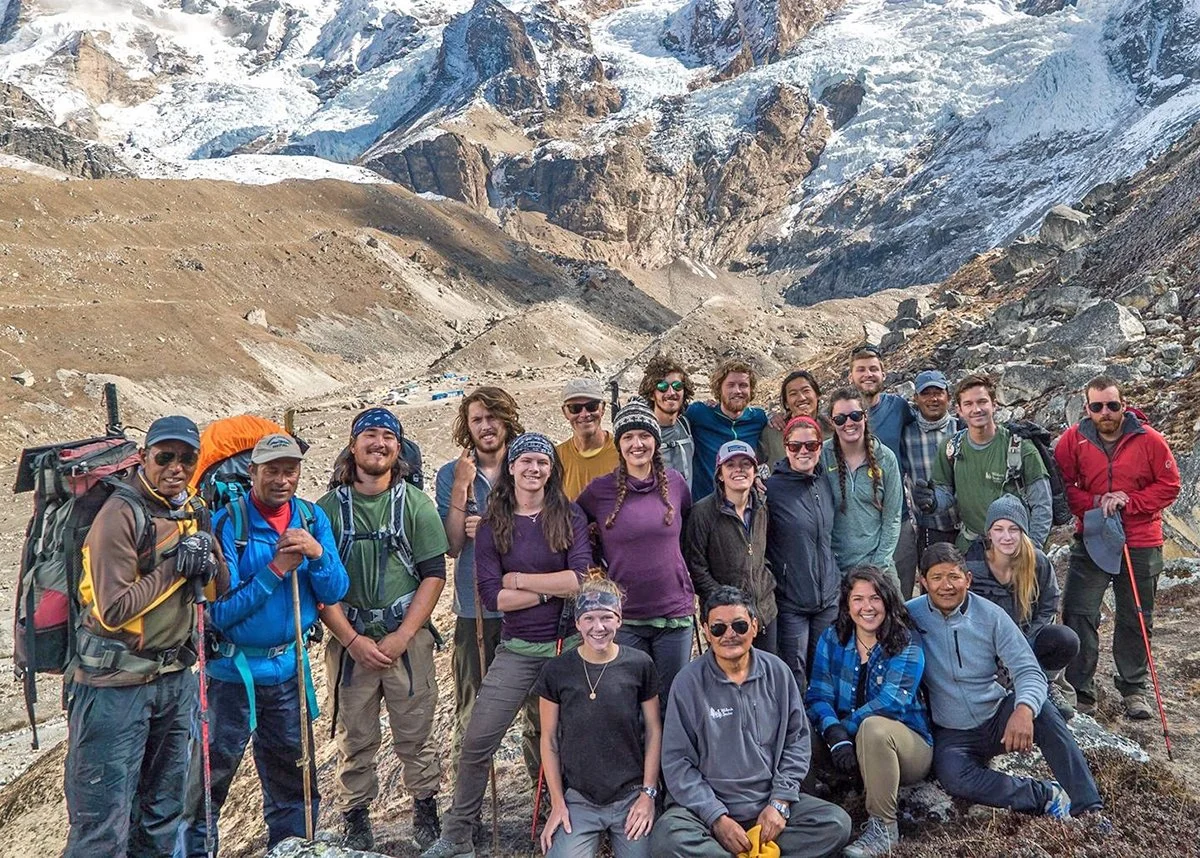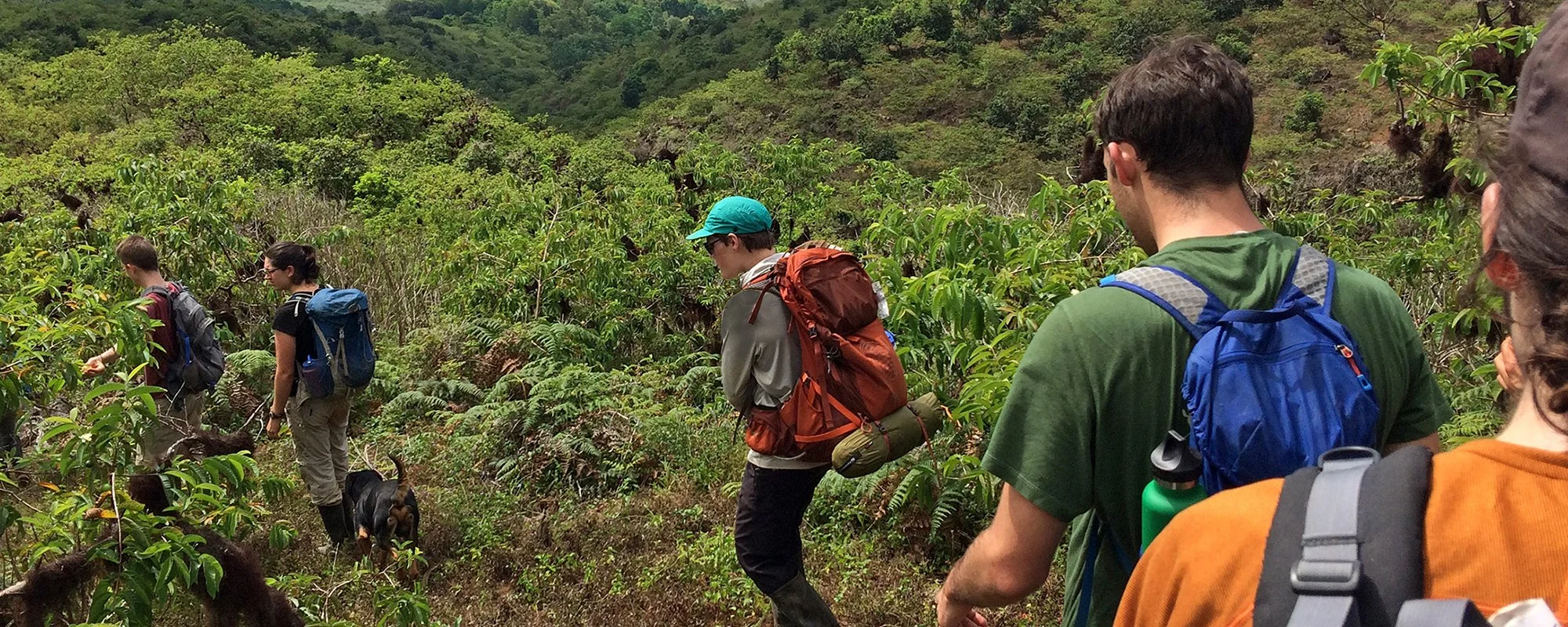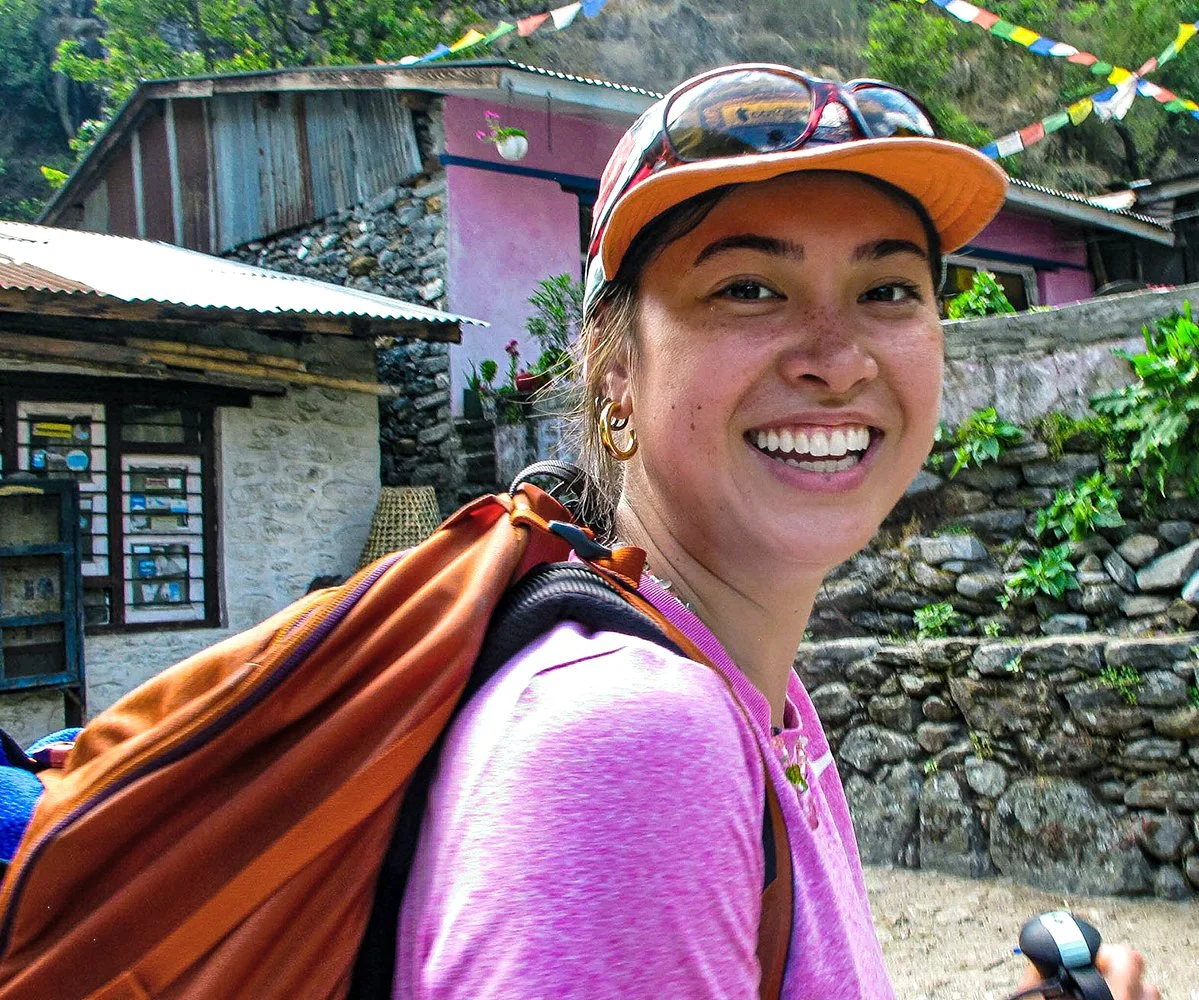Medical and travel insurance.
Wildlands Studies requires that all participants be covered by a medical insurance policy, as well as obtain travel insurance. Students are financially responsible for their personal medical costs during the program, including doctor visits and emergency care. This means that if a student needs to visit a doctor while on the program, or receive emergency care, the student bears the cost and any related costs (such as transport). Thus, it is required to have both medical insurance and travel insurance.
We require our students to purchase a specific travel insurance plan through World Nomads. Details on how to purchase the plan will be provided in the logistics email. The policy covers up to $100,000 for medical expenses, $500,000 for evacuation and repatriation, and includes all outdoor activities like backpacking, hiking, kayaking, and boating. Insurance is required throughout the duration of your Wildlands Studies program, and proof of travel and medical insurance must be uploaded to your account.

















